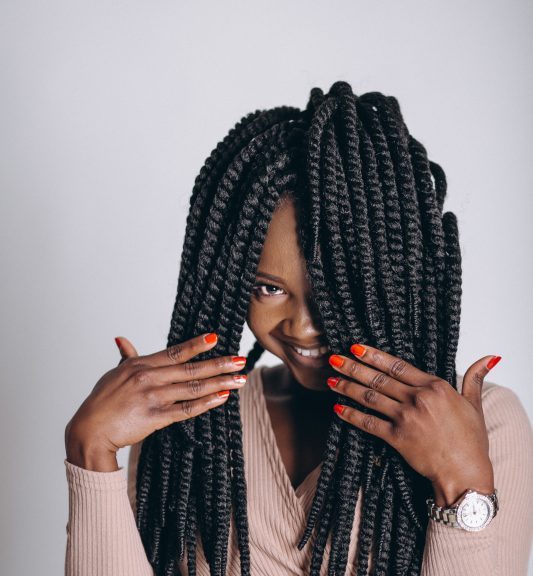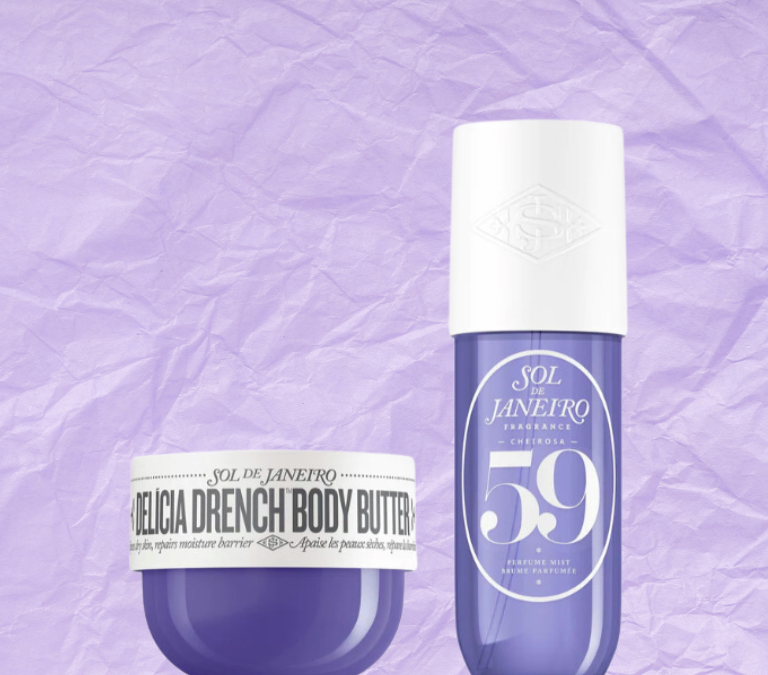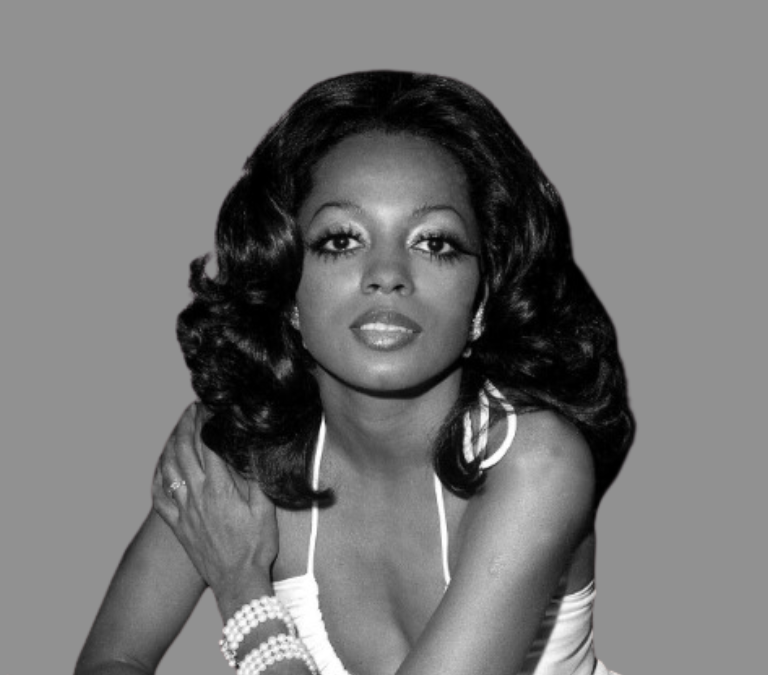Health and wellness touch each of us differently. This is one person’s story.
As a woman of color (WOC) and someone who lives with psoriasis, I have a rocky relationship with skin and beauty products. Over the years, I’ve had some unfortunate one-night stands with serums, creams, concealers, foundations and lipsticks.
You know how it goes: You order a new product online only to receive it, try it once, and never use it again.
For me, the short-term affair is usually caused by irritating chemicals and ingredients or the wrong pigment, which ends up making my rich sepia-brown skin look ashy and washed out.
My struggle to find products online that work for me isn’t a unique one. Many WOC share the hardships of finding skin care and cosmetics that are right for them. And while things are improving, we still have a way to go.
Access to safe and effective products is something we all want in order to be our best and live a happier, healthier life. Here are 4 things most beauty lines are still overlooking, in my experience, along with a few friendly suggestions on how they could provide improved wellness products for women of color — and, for that matter, all women!
1. The need for safer skin products
The Environmental Working Group (EWG), a nonpartisan organization dedicated to protecting human health and the environment, reports that 1 in 12 products for Black women is rated as highly hazardous.
Harmful ingredients can cause or increase the chances of developing certain conditions, including:
- cancer
- hormonal disruption (which can then lead to reproductive damage)
- allergies
According to EWG’s report, foundations and concealers marketed to WOC were among the products that tested highest for harmful ingredients. Most contained parabens, which are associated with the disruption of hormones, or a specific form of vitamin A that has been linked to skin cancer when exposed to sunlight.
The Centers for Disease Control and Prevention report that cancer is the second-leading cause of death among Black women. Diabetes and Alzheimer’s disease are also on the list of the top 10 causes of death for Black women, and these diseases are caused, at least in part, by hormonal disruptions in the body.
Although these same diseases are among the leading causes of death for white women, the percentages for cancer and diabetes are lower when compared to the data for Black women.
Scientific research is scarce, but as a WOC, it makes me wonder if the high number of deaths from cancer and autoimmune diseases is at all linked to overexposure to harmful chemicals.
2. The need for more shades (a lot more!)
Many beauty companies once believed there wasn’t a large market in makeup for darker skin tones. Rhianna’s Fenty Beauty line proved them wrong when her dark foundation and powder options were the first to sell out. Rhianna’s line has 40 different foundation shades. However, that kind of expansive variety for WOC isn’t the norm among other beauty brands.
3. The need for a variety of beauty looks in ads
Needless to say, being a WOC isn’t exclusive to Black women! The group includes women of all ethnicities, including Indian, Hispanic, Asian, Native American and more.
I looked at a range of popular makeup sites and was surprised to find that WOC outside of Black women weren’t well-represented in online ads. This world is a melting pot containing a variety of features, skin tones and hair types — and when our ethnicities are represented, only good things can come out of it.
It feels like the tide is turning, and hopefully the success of mainstream representations, with movies like “Crazy Rich Asians,” will help speed up the shift so we begin to see more brands presenting a wide, wonderful range of beauty.
4. The need for adequate representation of WOC in the personal care products industry
As of 2018, the Bureau of Labor Statistics reported that Black people make up 17.3 percent of employees in the cosmetic manufacturing industry, while 72.9 percent of those who work in the industry are white. And only 4.9 percent of Black people work in the internet publishing industry, which is responsible for so many of the online images we see every day on blogs, lifestyle sites, and brand websites.
Perhaps if there were more WOC in the industry making decisions for online platforms, our beauty needs would be better understood — and better represented.
The Takeaway: Diversity is a beautiful thing, and the more we see it represented in marketing and products, the better for women everywhere, of every shade!
Alisha Bridges has battled with severe psoriasis for over 20 years and is the face behind Being Me in My Own Skin, a blog which highlights her life with psoriasis. Her goals are to create empathy and compassion for those who are least understood, through transparency as sexual and mental health. You can find Alisha on Twitter and Instagram.
Original Article: https://www.healthline.com/health/beauty-skin-care/beauty-for-black-women#1
Designed by senivpetro / Freepik




